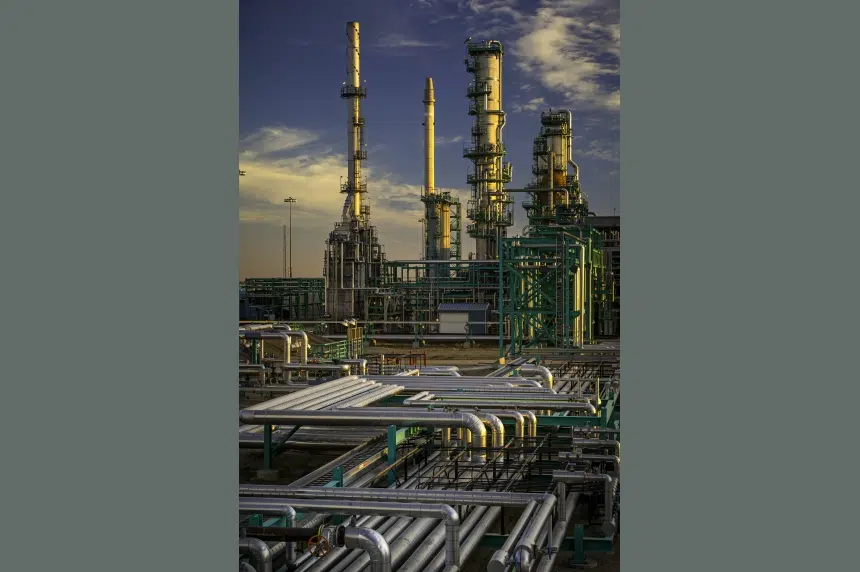The federal government has given the provinces two choices in addressing climate change: a carbon tax or cap and trade.
Each comes with their own complexities and pros and cons.
The Saskatchewan government feels that both options unnecessarily punish the province for being a large polluter compared other jurisdictions in Canada.
Premier Brad Wall has tweeted that a carbon tax would cost the average Saskatchewan family $1250 a year.
Cap and trade, the system currently used in Quebec and Ontario, essentially moves money around.
A polluter must offset its emissions and does so by trading with an industry or company that produces little to no carbon.
But critics say it does little to force the polluter to reduce its environmental footprint and merely makes them pay for what it emits.
“It is no different than any other product where as long as there is a positive price, people buy and sell and we optimize who buys it and who consumes it,” Prof. Peter Phillips, an economist at the Johnson-Shoyama Graduate School of Public Policy at the University of Saskatchewan, said.
However, one of the complex issues Phillips argues is who decides what the price of the carbon is in this market exchange.
“That is not something that emerges naturally in the market. That is something that someone has to calculate and verify and that is an expensive step.”
Turning to a carbon tax, used already in BC, Phillips contends it is preferred by environmentalists for its reduction in emissions.
“A tax sounds clean and it has a nice fit because you are actually punishing, it is like a sin tax,” Phillips explained.
Phillips believed each system will create a large bureaucracy in which to manage the process.
Currently Saskatchewan emits 75.5 million tonnes of carbon a year.











